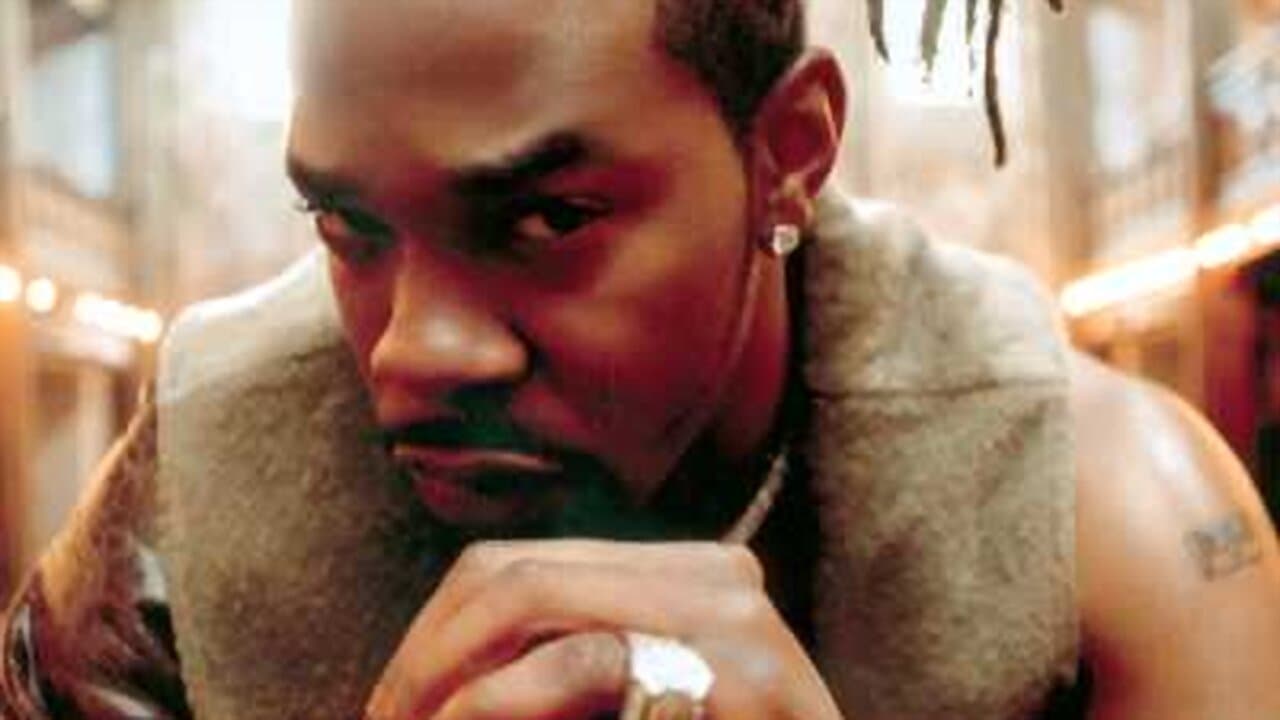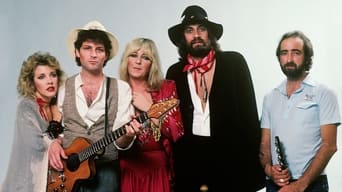Behind the Music (1997)

An intimate look into the personal lives of pop music's greatest and most influential artists.
Watch NowBehind the Music
1997 / TV-14


An intimate look into the personal lives of pop music's greatest and most influential artists.
Seasons & Episode

A look at the trials & tribulations surrounding one of folk rockÍs most talented groups. Interviews with the remaining band members, Michelle Phillips, John Phillips and Denny Doherty. They speak openly about how the band came together, their drug use and the love triangle that existed between them. For the first time ever, Mama CassÍ sister, Leah Kunkel puts to rest the real cause of Mama CassÍ death.


Includes first-time interviews with all 6 members of the classic Jefferson Airplane line-up as well as an interview with Grace Slick.


A cross-cultural look at people who sing for their supper features five different groups/artists from New York, New Orleans, Chicago and Los Angeles; features original compositions and stories from street musicians throughout the show; New Orleans segment features a profile of clarinetist Doreen Ketchens and performance footage of her (with trombonist Keith "Wolf" Anderson and others) on the streets of the French Quarter.


An intimate look at one of the most successful and respected female rockers, from her early roots in Blues to her current pop/rock stardom.


This small town boy lived the American dream, topping the charts with his tales of everyman. After two decades of hard living and endless touring, though, he paid the price, with a heart attack that nearly took his life. Our little ditty follows the heartland hero from Indiana into the arms of supermodel Elaine Irwin.


Legendary Fleetwood Mac guitar player, singer and songwriter Lindsey Buckingham juggled his multi-platinum record selling sound while struggling with his love affair to band member Stevie Nicks. Craving more creative control of his music, he broke away from the band to become a critically acclaimed solo artist. Includes never-before seen footage of Stevie's and Lindsey's first local bay area band.




A behind the scenes look at Nick Lachey that no one has ever seen before covering his entire life story from beginning to end in an exclusive sit down interview.


Surviving an abusive childhood and struggling against a record label trying to control her image, Christina Aguilera's road to superstardom was not an easy one.


Courtney Love is one of the most controversial, reviled and riveting rock stars in the world and during this episode, she tells the epic story of the rock star, actress and mother.


Behind The Music traces Jennifer Hudson’s humble beginnings of growing up on the south side of Chicago to her early elimination from "American Idol". Interviews include Randy Jackson, Jamie Foxx, and many others.


From a small town choirboy who was discovered at a local talent show to one of the biggest selling R&B artists of all time, Usher is a triple threat entertainer starring in film, TV and Broadway.


Follow the three-decade-long career of legendary rapper Ice Cube from his journey as a founding member of the notorious rap group NWA to a blockbuster movie star.


Twenty-seven year-old, Grammy Award-winning Miranda Lambert fell in love with music at a young age and was determined to one day be a part of the country music world, keeping her tough Texan attitude as she rose to the top.


Take a look inside the life and outstanding career of Mary J. Blige, the reigning Queen of R&B. Watch as VH1 captures the story of how faith, courage and a never-ending search for love and contentment helped one of the world's most talented musicians survive a tumultuous past.


Behind The Music: Notorious B.I.G. shows the Brooklyn-born MC rising from the streets to the throne of hip hop, revealing how his thriving career and larger-than-life presence was cut short when he was gunned down at 24.


Despite their days of obscurity and struggles to get a record deal Train rose to rock stardom before personal losses, drugs and alcohol abuse threatened to destroy it all.


"Behind The Music: NE-YO" explores the R&B heartthrob's status from talented up-and-comer to one of the industry's most ubiquitous and successful singer-songwriters.


Carrie Underwood speaks openly about the challenges that came along with her sudden fame. She also discusses her search for love, which led to her fairytale romance with her hockey player husband, Mike Fisher.


Nicole Scherzinger discusses the road to stardom and the struggles along the way, including opening up for the first time about the behind-the-scenes tension that came with the mega success of the Pussycat Dolls.


Alternative/hip-hop group Gym Class Heroes discuss their rapid rise to fame and the significant challenges it brought, including Travie McCoy's addiction to painkillers and his very public relationship and breakup with pop superstar Katy Perry.


In "Behind The Music: Toni Braxton," the ultimate R&B icon and survivor speaks candidly and openly for the first time about her roller coaster career journey: her health struggles, including her diagnosis with lupus and her son's autism, and sets the record straight on her two bankruptcy filings.


BTM Ludacris shines a spotlight on one of the South's finest hip hop lyricists. In his most revealing interview, Ludacris opens up about his struggle to achieve rap notoriety and dealing with his loving yet alcoholic father.


Linda Perry talks candidly about her abusive childhood and how she turned her angst into hit songs. After quitting 4 Non Blondes, Linda went on to produce and write for stars like Pink, Alicia Keys and Christina Aguilera.

An intimate look into the personal lives of pop music's greatest and most influential artists.
Watch Trailer
Free Trial Channels






















